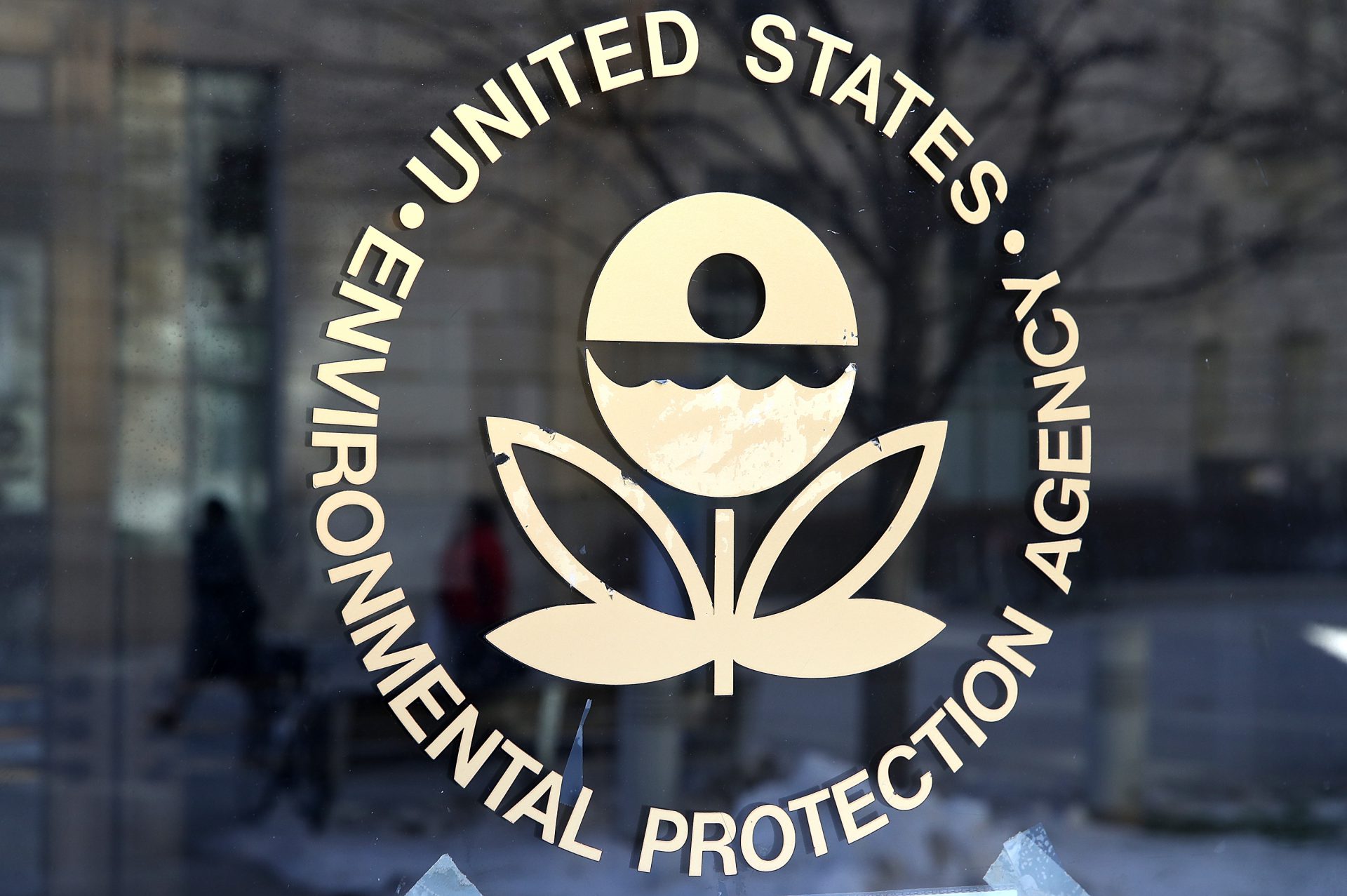

As the Trump administration mulls softening fuel economy standards, an advocacy group is making the argument that requiring automakers to produce more energy-efficient vehicles has been a boost to the U.S. economy and job creation.
A report released this week by BlueGreen Alliance found $76 billion in investments in U.S. automotive plants since 2008 as manufacturers implemented current fuel economy standards now under review.
Carmakers have spent $63.8 billion in 100 factories during the last decade and have announced another $12.4 billion in capital expenditures by 2020. While some of the money is being spent on business-as-usual costs like plant upgrades, a substantial portion comes as a result of U.S. and international fuel-economy and greenhouse-gas standards, the group contends.
Should the Environmental Protection Agency opt to loosen standards, the alliance says the move could position the U.S. as out of step with other developed nations, many of which are transitioning to cleaner technologies such as electric vehicles.
“We take a step back at our peril, and risk losing that race to other parts of the world,” Zoe Lipman, director of vehicle and advanced transportation at the labor and environmental alliance, told The Drive in a phone interview. “If we were to step back, we’re putting manufacturing and jobs at risk.”
A separate report from the group last year looked at investments by auto suppliers and found 288,000 jobs related to components and technology to increase fuel efficiency.